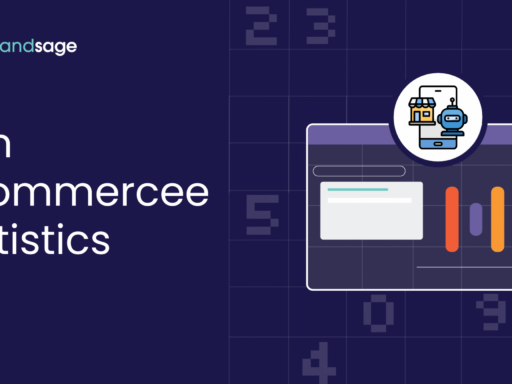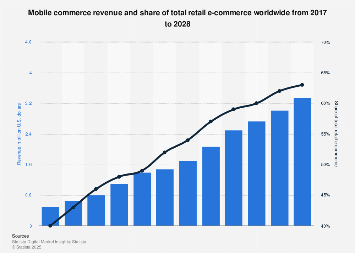Recent Adobe Analytics data delivered some surprising conclusions regarding the adoption of generative AI models into the retail e-commerce and marketing spaces.
The March 17 report from Adobe Analytics reinforced prior findings that generative AI is playing a growing role in driving online shopping traffic. During last year’s holiday season, traffic to e-commerce sites from GenAI soared over 1,300% compared to the previous year, with AI chatbot-driven traffic spiking 1,950% year-over-year on Cyber Monday 2024 alone.
This most recent data outlines that, for February 2025, traffic rose by more than 1,200% compared to six months ago in July 2024. Adobe’s data was derived from over 1 trillion consumer visits to U.S. retail sites.
According to MarTech, these extremely high gains are at least partially due to the relatively nascent nature of GenAI’s adoption into the retail space, with ChatGPT launching less than three years ago in late 2022. Regardless, by drilling down further into the data, more relevant insights come to the forefront.
AI-Assisted Shopping Is Gaining Widespread Adoption Among American Consumers
The report appeared to highlight a significant increase in the number of U.S. consumers who were actively engaging with GenAI or AI tools when considering (and making) purchases online.
Out of 5,000 American shoppers surveyed, 39% said they have used generative AI when shopping online, with more than half of respondents — 53% — saying they were interested in doing so this year.
Nearly half (47%) consulted with AI for product recommendations, while 43% employed the assistance of AI to find bargains. A little over one-third of respondents (35%) said they used GenAI to come up with gift ideas or to find unique product offerings, and 33% indicated that they had a little help from AI agents when crafting their shopping lists.
GenAI Drives Engagement Among Shoppers, Per the Data
Forbes reported that artificial intelligence could also be counted on to increase commitment from online shoppers.
Adobe data underscored the fact that AI-driven visitors showed higher degrees of engagement, spending 8% more time on sites, bouncing 23% less frequently, and browsing 12% more pages per visit compared to the baseline.
“Online shoppers are finding value in using an AI-powered chat interface, as it shortens the time it takes for them to receive information that is personalized to their needs,” said Vivek Pandya, lead analyst at Adobe Digital Insights, in a statement offered alongside the report.
“In our survey, we found that of those who have used AI for shopping, 92% said it enhanced their experience, with 87% saying that they are more likely to use AI for larger or more complex purchases,” Pandya added.
There are still some hurdles to clear when it comes to consumer confidence in AI-assisted shopping, however. Traffic spurred by AI was 9% less likely to result in a sale than other sources of traffic, but that number is down from July 2024, when it stood at 43%.
“The narrowing gap shows that consumers are also increasingly comfortable completing a transaction directly after an AI-powered chat experience,” Adobe indicated.







